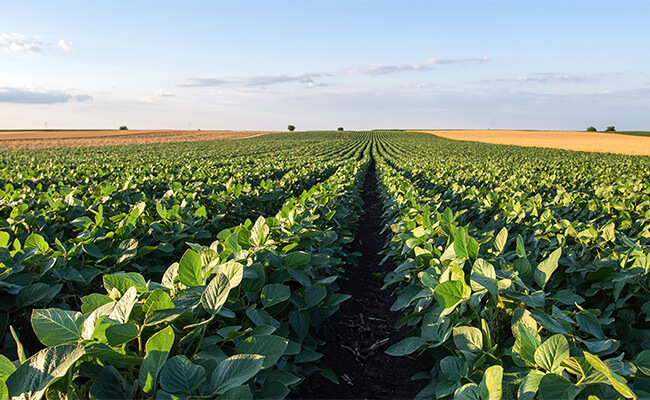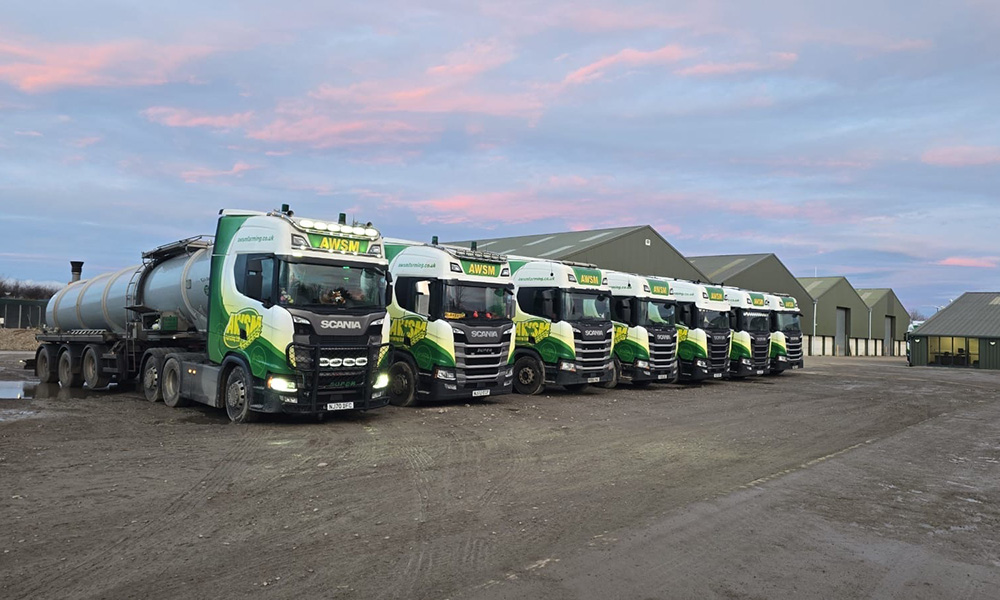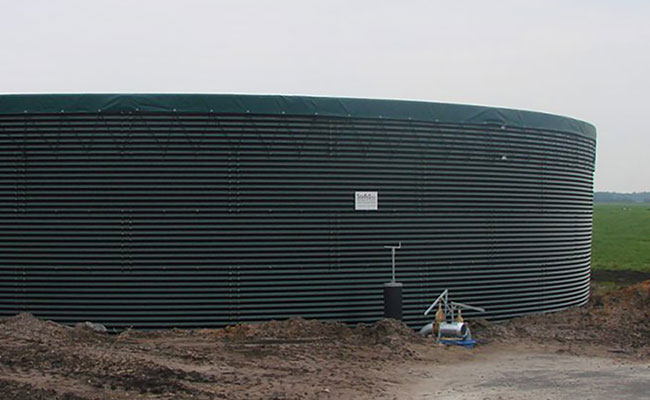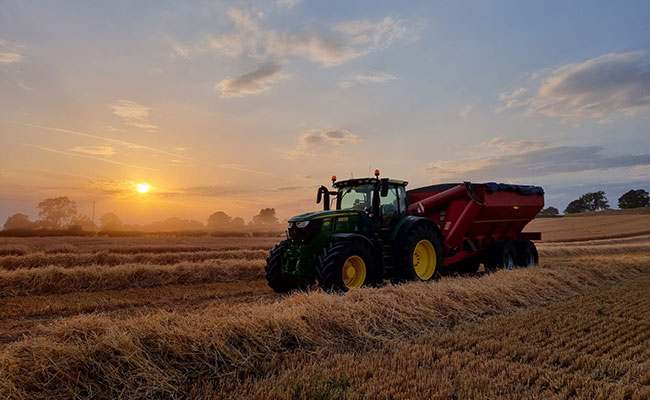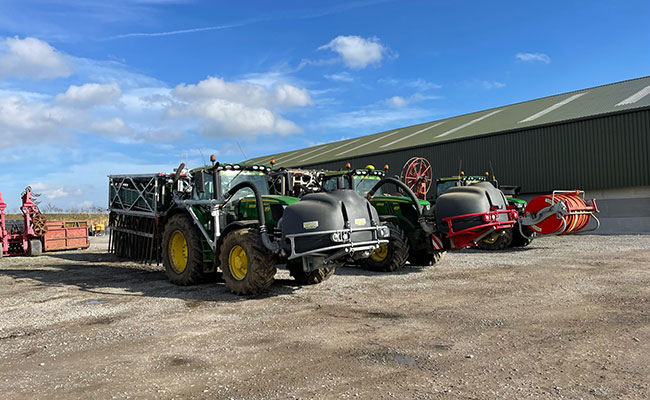How can you protect your land from drought this summer?
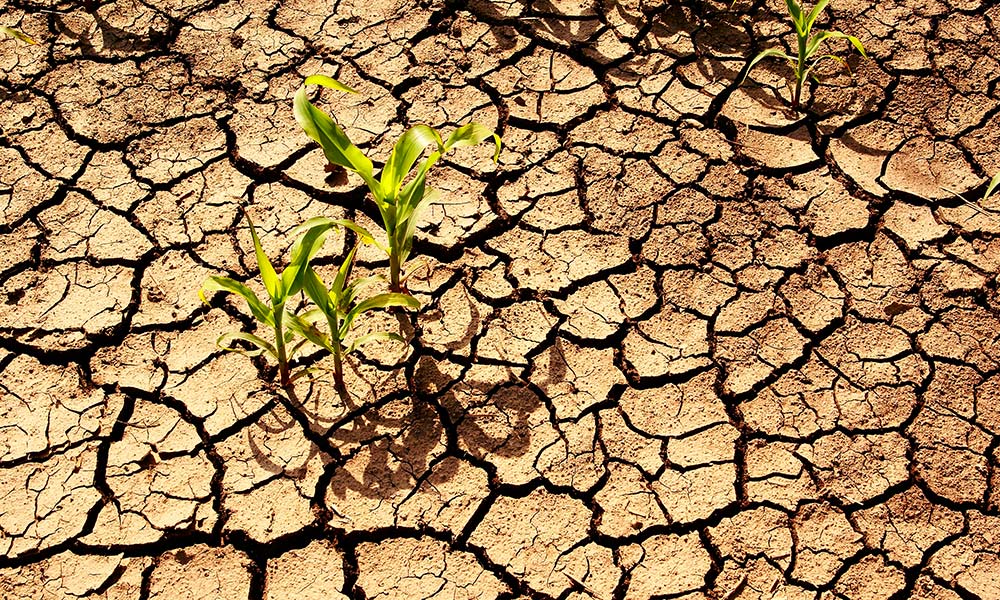
Many farmers are still suffering as a result of last summer’s agricultural drought.
The Environment Agency announced in May that river flows were below normal for the time of year, prompting irrigation prospects to be declared “moderate to poor” across most of the nation.
According to National Geographic, a drought is “an extended period of unusually dry weather, when there is not enough rain”. The most common kind of drought is a meteorological drought; which is primarily caused by a lack of rain and high temperatures. Generally, there’s no reason to panic about water shortages during a meteorological drought – unless it continues for a prolonged period of time.
A meteorological drought can directly cause an agricultural drought. Agricultural droughts directly affect soil moisture and can impair crop production and livestock management. When rain is scarce, your land can suffer – but not as much as your water bill does!
Like we’ve said before, the summer of 2018 was a scorcher – and this year is set to be similar. Despite June being one of the wettest on record, we’re now fluctuating between high temperatures and heavy rain – meaning that your crops could suffer.
Protect farming services with irrigation
For many, the primary way of maintaining farming services during a drought is through a pre-existing irrigation system. Designed to precisely release water into the roots of plants, drip irrigation systems rely on narrow piping being placed on, or buried in soil. Utilising a drip irrigation system can be the most effective way of conserving nutrients and reducing the amount of water evaporating.
Unfortunately – especially in the UK, at least – droughts are unpredictable. Even though we can have a week of good weather, it’s almost always followed by rain. Excess rain after a dry spell can lead to surface water accumulating on land, which can be a contributor to flash flooding. This means that installing an irrigation system could be an unnecessary expense that your land may never benefit from.
At AWSM Farming, our teams of agricultural contractors are available to advise how best to adapt your land to the changing climates – including the installation of irrigation systems.
Utilise agricultural contracting for your crop spraying needs
With hot weather comes annoying pests that can wreak havoc on your farm. Should populations explode, you will likely need to utilise crop spraying to keep harmful nasties at bay.
Pests can interfere with crop production and yield quality, so it’s essential to keep in mind what you want your crop spraying to achieve. Contacting an agricultural service provider can help ensure that any spraying is being carried out safely and efficiently, without affecting the surrounding area.
At AWSM Farming, we operate crop spraying machinery that is available to lease as part of our agricultural contracting and machine hire services. All of our machinery is well-maintained and can be provided with operations staff to help advise with the application to improve efficiency.
Prepare for farming in an unpredictable climate
It is crucial to prepare in advance for a drought – but this is becoming increasingly difficult. In many parts of the world – including the UK – droughts are becoming longer, more frequent and more intense.
According to research conducted by the NFU, nine of the ten warmest years have occurred since 2002. Despite some of the side effects of climate change being viewed as positive by farmers – like a longer growing season – agricultural droughts hinder more than they help.
Many farmers and landowners are already facing the unique challenges posed by the changing climate.
To summarise…
During a drought, the conservation of water is vital. Agriculture is inherently controlled by the weather – meaning that increased rainfall, rising temperatures and extreme events will all harm the services used to keep farms running smoothly.
